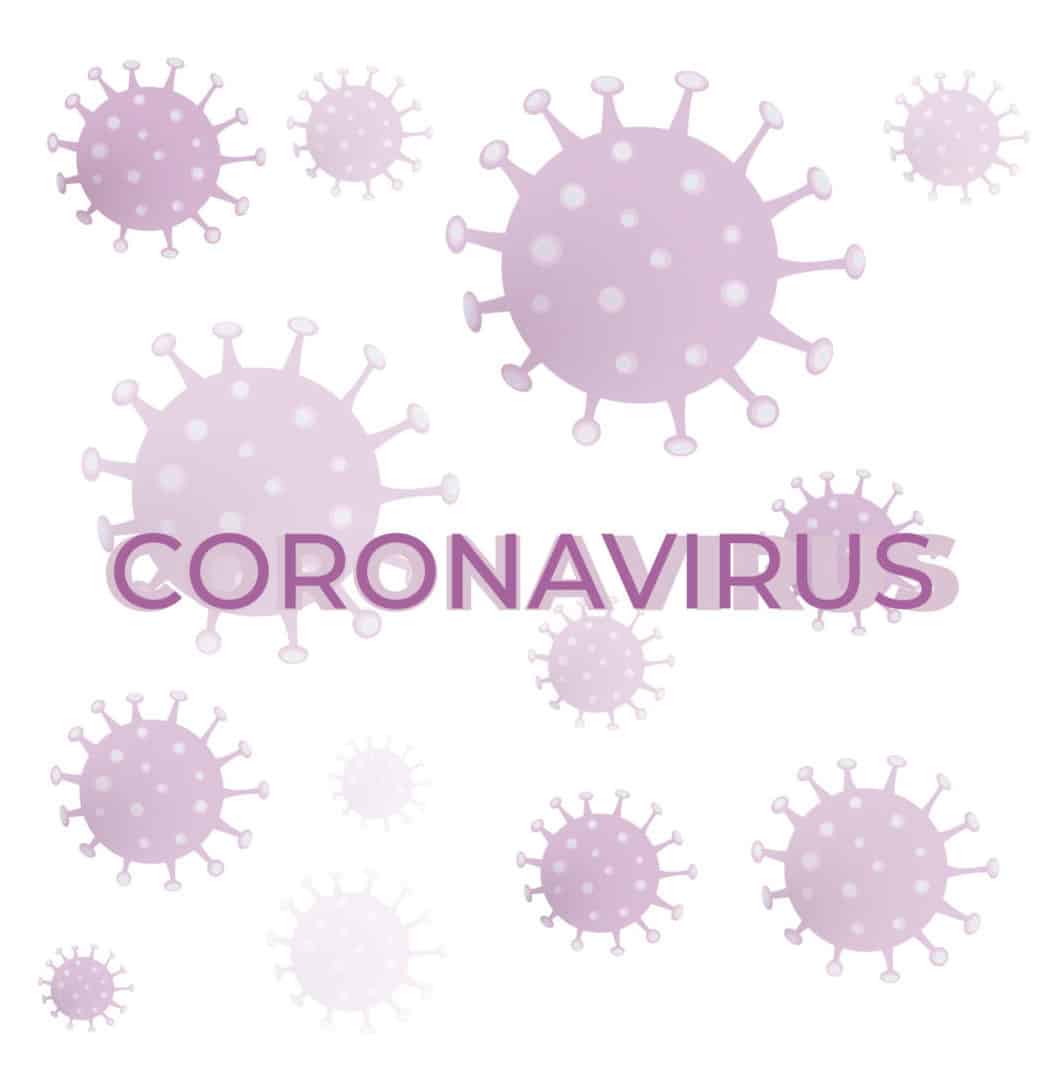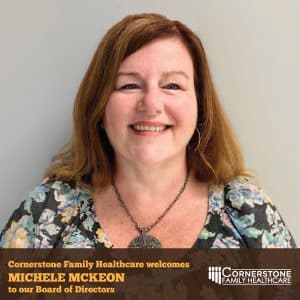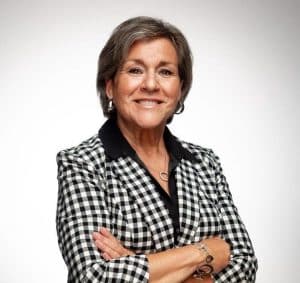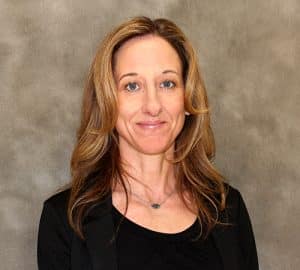Cornerstone Family Healthcare Continues To Monitor Coronavirus
CORNWALL, N.Y. (March 3, 2020) – Cornerstone Family Healthcare continues to work with the U.S. Center for Disease Control and Prevention (CDC) and the New York State Department of Health to prepare for any local cases of the 2019 novel (new) coronavirus (COVID-19), a respiratory illness that can spread from person to person.
“It’s important for people to know that risk of contracting coronavirus at this time in our community is still considered relatively low,” shared Dr. Avi Silber, Chief Medical Officer of Cornerstone Family Healthcare. “We continue to monitor the rapidly evolving situation closely and are doing everything we can to prepare our staff and our patients for any local cases.”
“Community health centers have always regarded responding to public health challenges and natural emergencies as part of their mission and have confronted public health threats before, such as Ebola, SARS, and H1N1,” Dr. Silber continued. “Community health centers are federally required to have response plans in place and ready for implementation in the event of a public health emergency. Our planning efforts are ongoing and we are in touch with the Orange County Department of Health on a daily basis to review updated recommendations.”
The virus that causes COVID-19 is a novel coronavirus that was first detected in China and is now spreading worldwide. As of Tuesday, March 03, 2020, there were two confirmed cases in New York according to the New York State Department of Health. This virus is not currently spreading widely in the United States, but this is a rapidly evolving situation and the risk assessment will be updated as needed.
What You Can Do
Everyone can do their part to minimize the spread of germs. While many are focused on the possible risk of the coronavirus (COVID-19), it is important to highlight that the flu poses a direct and immediate risk. Both are respiratory illnesses, so the basics of personal hygiene prevention practices are the same:
- Clean your hands – Washing your hands often with soap and water for at least 20 seconds will help protect you from germs. If soap and water are not available, use an alcohol-based hand rub.
- Cover your mouth and nose – Cover your mouth and nose with an elbow or a tissue when coughing or sneezing. It may prevent those around you from getting sick.
- Avoid touching your eyes, nose or mouth – Germs are often spread when a person touches something that is contaminated with germs and then touches his or her eyes, nose, or mouth.
- Stay home when you are sick – If possible, stay home from work, school, and errands when you are sick. This will help prevent spreading your illness to others. If you must go out and are experiencing a runny nose or cough, wear a mask to cover your nose and mouth.
Individuals who are experiencing symptoms and may have traveled to areas of concern, or have been in contact with somebody who has traveled to these areas, should call ahead to their health care provider before seeking treatment in person.
For Additional Information
This is an emerging, rapidly changing situation. For general questions, the public may contact the New York State Department of Health (NYSDOH) 2019 Novel Coronavirus hotline at 1-888-364-3065 to speak with a NYSDOH expert who will answer questions, Monday – Friday 8:00 am- 8:00 pm. After hours, voicemail messages will be returned the following business day.
For the most up to date information about COVID-19, please visit the CDC’s website at https://www.cdc.gov/coronavirus/2019-ncov/index.html




